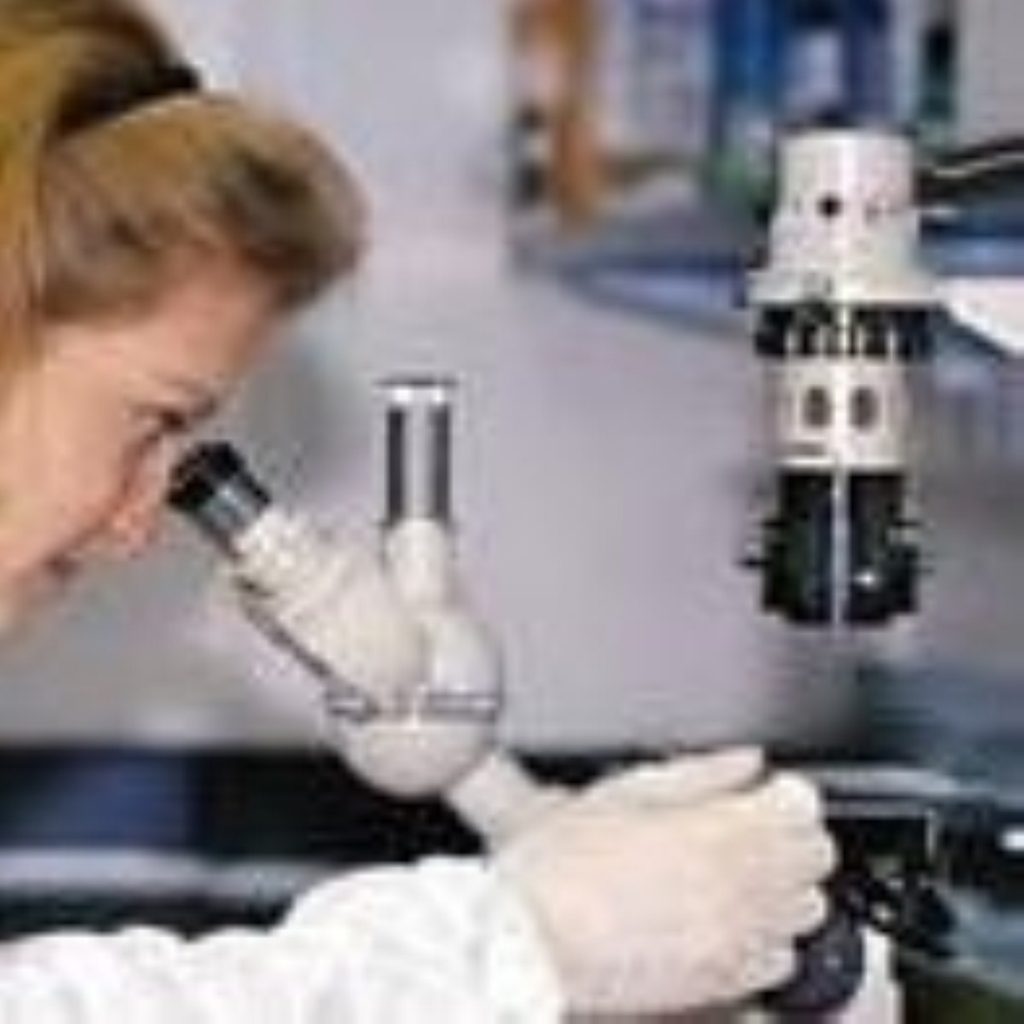CPS to review DNA evidence
All cases where prosecutors are using low copy number (LCN) DNA evidence to pursue a conviction are being reviewed by the crown prosecution service (CPS).
A spokesperson was unable to state how many cases were affected but said all current cases “which might be affected” were under review.
Its move comes after Sean Hoey was found not guilty of 56 charges levelled against him relating to the 1998 Omagh bombing, in which 29 people died.
Mr Justice Weir said the police were guilty of a “deliberate and calculated deception” in the trial, which saw the forensic evidence dismissed as unreliable.


Speaking on the Today programme this morning, Northern Ireland secretary Shaun Woodward said he would “look very carefully at the full implications” of the “very, very damning” judgement.
But he refused to commit to a public inquiry, saying he did not want to “create any false hopes”.
Mr Woodward was also non-committal on whether or not former Northern Ireland police chief Sir Ronnie Flanagan should resign from his current role as chief inspector of constabulary.
“Again that’s a matter that we have to look at this morning,” he said. “As you know there was an ombudsman’s report which actually looked at some of the earlier stages of this investigation which was indeed pretty critical.”
Home secretary Jacqui Smith has appointed a regulator to look at the implications of using LCN DNA evidence.
And Sir Hugh Orde, chief constable of the police service of Northern Ireland (PSNI), which replaced the now-defunct Royal Ulster Constabulary, said a thorough review of investigative and evidence-storing procedures had already taken place.
The chairman of the Commons’ science and technology committee said the trial had “vast implications” for the future use of the LCN technique.
“First of all it is a devastating indictment of the whole investigation into Omagh, one of the most sensitive investigations,” Liberal Democrat MP Phil Willis told BBC2’s Newsnight programme yesterday evening.
“To actually have DNA evidence right at the heart of it and for that to be condemned in such a harsh way, I think really points the finger right at the heart of new DNA evidence,” he added.









